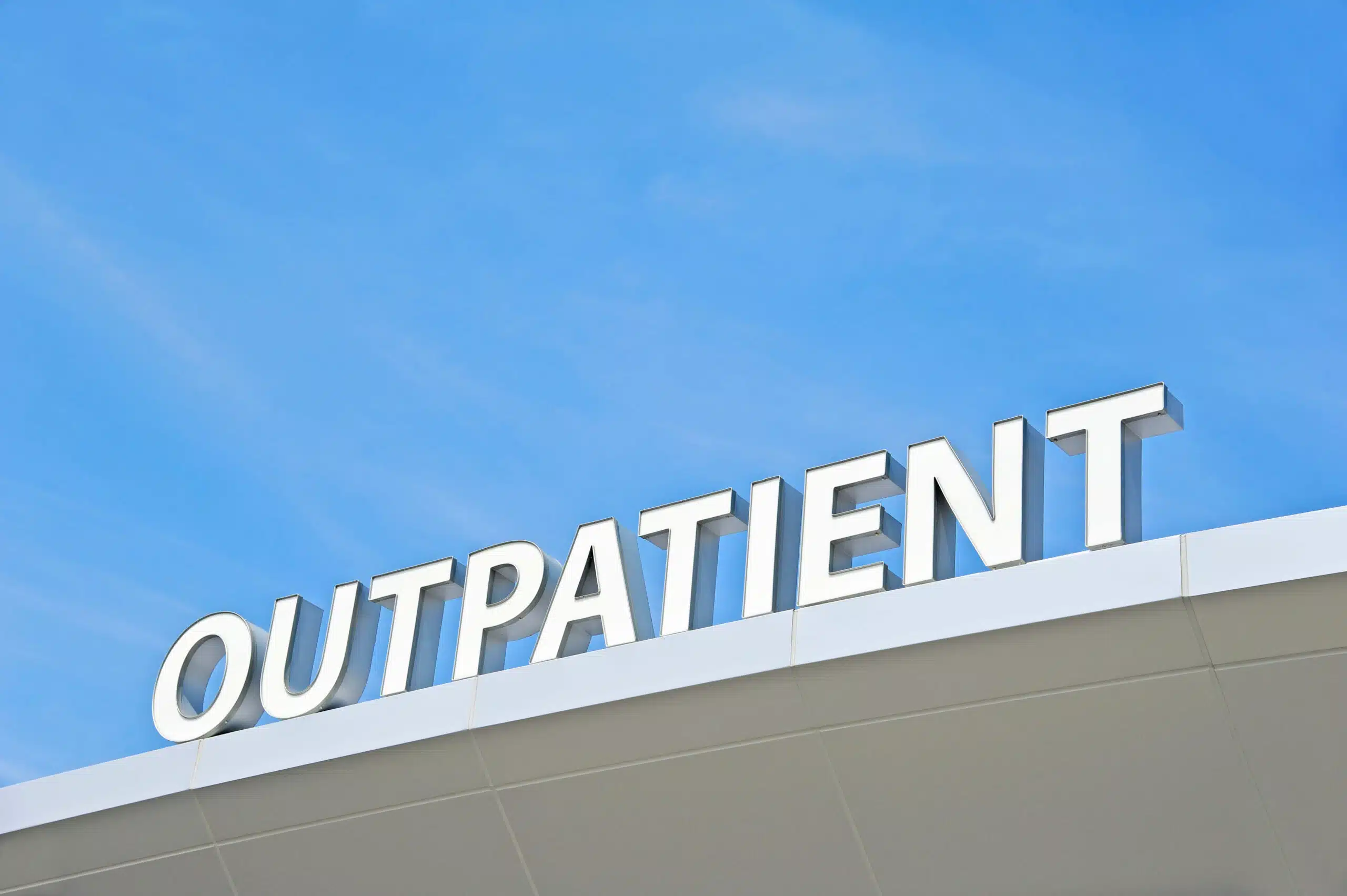Partial Hospitalization Program Requirements
When weekly therapy isn’t enough—but you don’t need 24/7 inpatient care—a Partial Hospitalization Program can be the “just right” level. To help you move quickly from inquiry to admission, we’ve summarized the clinical, practical, and insurance requirements for PHP.
A Partial Hospitalization Program (PHP) gives you hospital-level structure during the day without an overnight stay. At Lifescape Recovery (Los Angeles), PHP typically runs 6 hours per day, 5 days per week, with coordinated therapy and medication support. This article explains who qualifies, what’s required to begin, and what to bring—so you can step in with confidence.

Summary
- Program cadence at Lifescape: PHP is 6 hours/day, 5 days/week; IOP is ~3 hours/day, 3–5 days/week.
- Core clinical requirements: You need more structure than standard outpatient, do not require 24/7 hospitalization, and can participate safely in a day program. (Most entrants come from outpatient, detox, or inpatient step-down.)
- Insurance/medical-necessity basics: Many payers (e.g., Medicare) look for a plan that provides ~20+ hours/week and physician certification of medical necessity; details vary by insurer.
- What to bring: Medication list, prior records (if you have them), recent labs (if available), and your top treatment goals.
What Is PHP—and How Our Schedule Works
PHP = day treatment. You receive multiple hours of structured care (groups + individual sessions + medication support as indicated) and sleep at home. At Lifescape, PHP is designed for stabilization and rapid skills practice: 6 hours/day, 5 days/week. We also offer IOP as a step-down when you’re ready for fewer hours.
Clinical Requirements for PHP Admission
1) Appropriate level of care
You’re struggling enough that weekly therapy isn’t sufficient, but you don’t require 24/7 inpatient monitoring. PHP bridges that gap and often serves as a step-down from detox/inpatient or a step-up from outpatient.
2) Safety and participation
You can participate safely in a day program (with a personalized safety plan if needed) and can engage in groups and individual sessions reliably each day. If risk rises to a level that warrants constant supervision, inpatient care is more appropriate.
3) Medical stability
Medical conditions that mimic or complicate psychiatric symptoms (e.g., thyroid imbalance, unmanaged seizures) should be stabilized/managed enough for outpatient-day treatment. If needed, we coordinate with your PCP or specialists.
4) Home environment
You have safe evening housing and transportation to/from the program—or use our virtual options when clinically appropriate (California).
Time & Attendance Requirements
- Standard cadence: 6 hours per day, 5 days per week at Lifescape. Attendance is essential for progress and insurance authorization.
- Expect a full day: Morning check-in, CBT/DBT-based skills groups, psychoeducation, individual therapy, medication review (when indicated), and wrap-up planning.
- Step-down planning: As symptoms improve, your team will recommend transition to IOP (fewer hours) and then weekly therapy to maintain gains.
Insurance & Medical-Necessity Requirements (What Payers Look For)
While each insurer is different, many use standards similar to Medicare:
- Intensity & hours: A care plan demonstrating ~20+ therapeutic hours/week (PHP) as an alternative to inpatient.
- Physician certification: Documentation that PHP is medically necessary—often that without PHP, the person is at risk for inpatient admission or relapse of severe symptoms.
- Active treatment: Evidence of ongoing, structured therapy and periodic medication management (when indicated), with measurable goals and progress notes.
Our team verifies benefits before you start and keeps authorizations current so care isn’t interrupted.
How to Qualify & Get Started
Step 1 — Call or inquire online
We’ll complete a brief phone screen to confirm fit and answer questions about schedule, transportation, and insurance.
Step 2 — Clinical assessment
You’ll complete an intake evaluation to confirm level of care (PHP vs. IOP vs. inpatient referral), identify safety needs, and outline preliminary goals.
Step 3 — Admission package
We’ll collect consent forms and (with your permission) request prior records. Most clients can start within days once clinical and insurance requirements are met.
Step 4 — First week plan
You’ll receive a personal schedule (groups/individual sessions) and meet your core team. If medications are part of your plan, you’ll have a psychiatric evaluation/medication management aligned to program hours.
What to Bring (and How to Prepare)
- Medication list (names, doses, schedule) and allergies
- Recent records (discharge summaries, prior testing) if you have them
- Emergency contacts and providers’ info (PCP, therapist, psychiatrist)
- Top 3 goals for PHP (e.g., sleep through the night, reduce panic, return to work/school)
- Logistics: Transport plan or confirm virtual care eligibility if you’re in California.
Who Benefits Most from PHP?
- Significant depression/anxiety, panic, OCD, or trauma symptoms impacting daily life
- Dual-diagnosis needs (mental health + substance-use concerns) needing coordinated, high-frequency support
- Recent relapse, functional decline, or failure to progress in weekly therapy
- Individuals stepping down from detox/inpatient who still need daily structure to stabilize
FAQs
How long will I stay in PHP?
Length varies by goals, symptoms, and insurer approvals. Many people spend several weeks in PHP, then step down to IOP and finally to weekly therapy.
Do I have to quit work or school?
PHP is a day program; most clients adjust schedules or take temporary leave. Once you step down to IOP, hours are more flexible (including evenings).
Can PHP be virtual?
Lifescape provides in-person care in Los Angeles and virtual services across California when clinically appropriate. Your clinician will advise on eligibility.
What if my insurance denies PHP?
We verify benefits and submit clinical documentation to support medical necessity. If PHP isn’t covered, we’ll discuss IOP or other options that still meet your needs.
Is PHP only for mental health or also substance use?
Lifescape treats mental health and co-occurring disorders with integrated planning and step-down support.
________________________________________________________________________________________________________
This article is for educational purposes and is not a substitute for professional medical advice. If you’re in crisis, call your local emergency number or visit the nearest emergency department.


If you need more than weekly therapy and less than inpatient, PHP may be the right fit. LifeScape Recovery’s Los Angeles team streamlines admission, insurance verification, and scheduling so you can begin focused, day-long treatment and then step down as you improve. Ready to check eligibility? Contact us to start your assessment today.
Published: August 01, 2025
Last Updated: September 29, 2025

Published: February 20, 2026
IOP Program for Depression
Summary: Depression is one of the most common mental health conditions in the United States, affecting an estimated 21 million adults each year. It causes persistent changes in mood, energy, motivation, sleep, and concentration that interfere with daily functioning, work, and relationships. IOP program for depression provides structured, evidence-based treatment — including individual therapy, group […]
Read more
Published: February 05, 2026
Intensive Outpatient Program for Anxiety
Summary: Anxiety disorders are the most common mental health conditions in the United States, affecting an estimated 40 million adults each year according to the National Institute of Mental Health. While temporary anxiety is a normal response to stress, anxiety disorders involve persistent, excessive worry and fear that interfere with daily functioning, relationships, and quality […]
Read more
Published: January 26, 2026
OCD vs. Autism: Understanding the Differences
Obsessive-compulsive disorder (OCD) and autism spectrum disorder (ASD) are often confused with one another. Both can involve repetitive behaviors, rigid routines, sensory sensitivities, and distress when things feel “off.” From the outside, the overlap can look striking. But in clinical treatment, the why behind those behaviors matters just as much as the behaviors themselves. At […]
Read more
